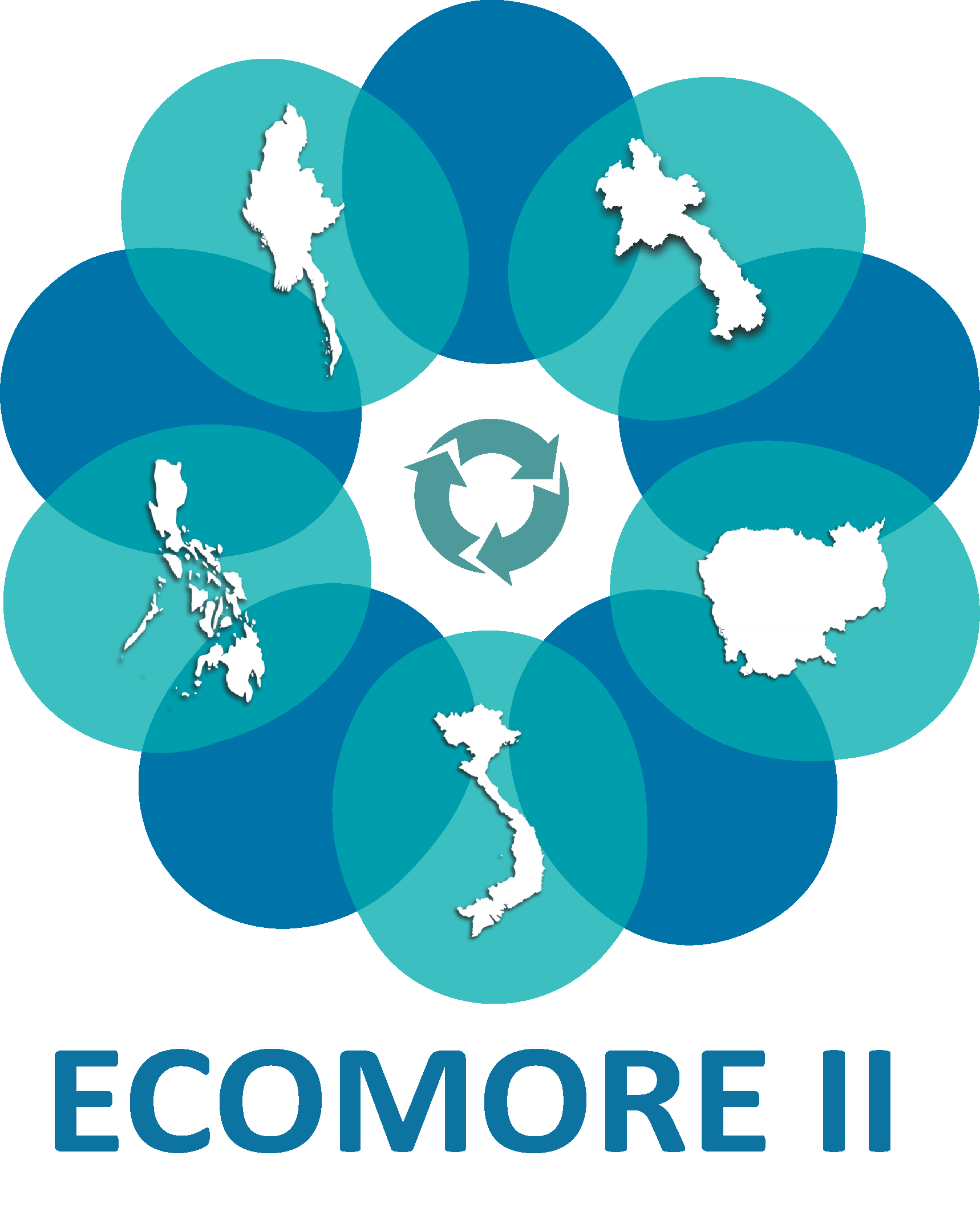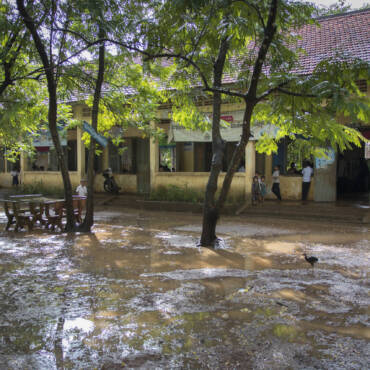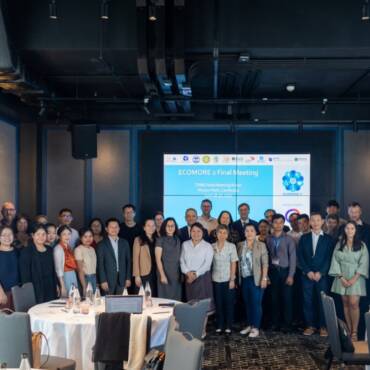A collaborative work between the Institut Pasteur du Cambodge and the Institut Pasteur du Laos, from the Pasteur Network, with the French National Research Institute for Sustainable Development (IRD) and the French Agricultural Research Centre for International Development (Cirad), demonstrates the future impacts of human-induced climate change on public health, This study highlights the threat of a significant increase of mosquito densities, a potential vector for numerous infectious diseases in South-East Asia. This study, carried out in the framework of the Ecomore 2 project, has been published in Environmental Health Perspective.
Dengue is an emerging infectious disease, transmitted by mosquitoes, that is affecting more and more people worldwide. Aedes aegypti and Aedes albopictus, the dengue vectors, are prone to expand due to climate change. Human populations could be increasingly exposed to potential outbreaks. In South-East Asia, where dengue is endemic, data on these mosquitoes were gathered by the entomology units of the Institut Pasteur du Cambodge and the Institut Pasteur du Laos, both members of the Pasteur Network.
Conducted in the framework of Ecomore 2 and other projects, this study relies on data collected by Sébastien Marcombe from the Institut Pasteur du Laos and by Sébastien Boyer at the Institut Pasteur du Camboge, together with other literature data on the occurrence of these two species in South-East Asia.
Data on presence, seasonality, and dynamics of Ae. aegypti & Ae. albopictus were analyzed regarding land-use, topography, and climate. Two IRD research units led the mathematical modelling and spatial analyses, first to model their distribution over the region and, second, to assess the impact of the prospective climatic scenarios (nine CMIP6 climate models) on their future distribution. The results show that, by the end of this century, Ae. aegypti and Ae. albopictus densities will respectively increase up to 46% and 25% in South-East Asia due to predicted temperature growths. Moreover, climate mitigation measures are unlikely to significantly moderate this expansion.
The maps resulting from these models are freely accessible on the Ecomore II Climate Platform. Users of the platform can observe the impact of different climate change models and scenarios on the evolution of the distributions of Aedes populations. These results provide further evidence that human-induced climate changes will impact ecosystems and public health.
For more information:
Predicting the Effects of Climate Change on Dengue Vector Densities in Southeast Asia through Process-Based Modeling
Environmental Health Perspective, December 2022.
Lucas Bonnin*, Annelise Tran, Vincent Herbreteau, Sébastien Marcombe, Sébastien Boyer, Morgan Mangeas, and Christophe Menkes.
*Corresponding author.
https://doi.org/10.1289/EHP11068



Add Comment